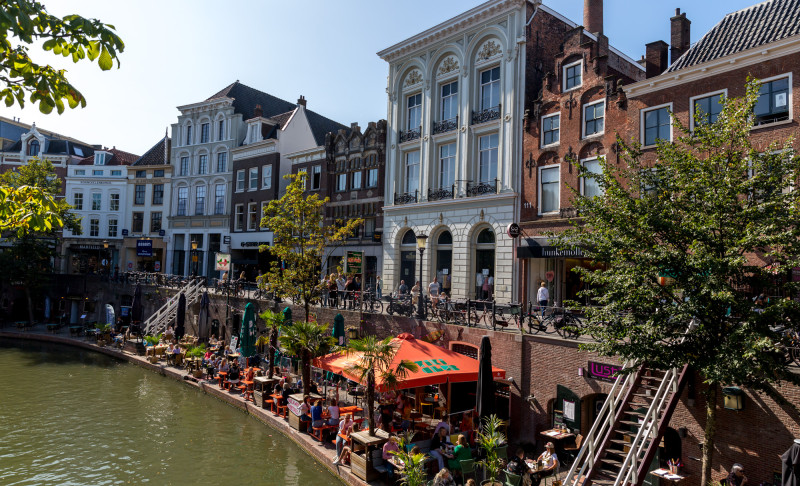
Navigating Security in the Baltic States
The West's Stance on Its Borderlands

The West's Stance on Its Borderlands
The summer school invites students to delve into the intricate security landscape of the Baltic States.
This programme goes beyond traditional boundaries, offering a comprehensive analysis of security, ranging from the robust realms of hard security to the nuanced aspects of soft security. It empowers to explore security dilemmas, policy nuances, and the ever-evolving relationships that shape the Baltic States' strategic position on the borderlands of the West.
Participants will engage in a thorough exploration of the myriad dilemmas faced by the Baltic States, gaining insights into the multifaceted challenges that shape their security. Our expert-led sessions, which will consist of lectures, seminars, simulations and field trips, will provide in-depth analyses of the contemporary security situation, addressing both hard and soft security dynamics, resilience and strategic communications.
The curriculum is designed to foster a deep understanding of policy solutions tailored to the unique security concerns of the Baltic region. From examining NATO and EU presence to delving into the intricacies of diplomatic relations with Russia and other key actors in the region, participants will gain a holistic perspective on the geopolitical dynamics at play. This summer school offers a unique opportunity to interact with seasoned professionals, scholars, and fellow participants, fostering a collaborative learning environment in a modern study environment.
The summer school is open to all students at the BA and MA levels. The programme is designed to familiarize participants with the political realities and security dynamics of the Baltic States, encompassing a comprehensive understanding of security in its extended interpretation, starting from hard up to soft security dimensions.
What you will learn: basic knowledge of hard and soft security dilemmas concepts and how small countries can deter big neighbours. Students will also improve their knowledge of countering disinformation, propaganda, and fake news.
Self-study, lectures, seminars, and study field trips. All events will be conducted on-site. Prior to the course, participants will be sent a task, which will have to be prepared before arriving in Riga.
The University of Latvia is not providing a place in the student hotel. Students have to look for accommodation by themselves. If you are interested, please contact the University of Latvia and they will provide you with a list of several options. The housing costs: from € 350 EUR (the approximate cost for 14 days in the city).